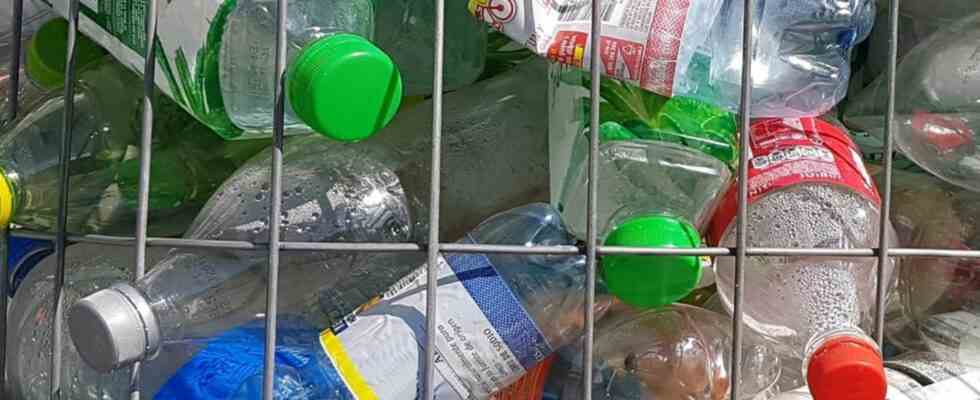Plastic waste that breaks down within 24 hours?
That sounds unrealistic at first, but it’s really not.
Researchers at the University of Texas have developed a new enzyme that significantly reduces the time it takes plastics to break down.
Products made from polymer polyethylene terephthalate (PET) typically take decades to centuries to degrade.
“The opportunities are endless across industries to leverage this state-of-the-art recycling process,” says chemical engineer Hal Alper of the University of Texas at Austin.
The research could revolutionize the problems surrounding waste disposal:
In tests that were carried out, PET products degraded within a week, sometimes even within 24 hours.
PET is found in many types of consumer packaging, from textiles to beverage bottles. It is believed to make up about 12 percent of all global waste.
The research team gave the enzyme the name “FAST-PETase” – the letters stand for Functional (functional), Active (active), Stable (stable) and Tolerant (tolerant).
They developed the enzyme from a natural PETase that bacteria can use to break down plastic waste.
And the enzyme can not only break down plastic.
After the plastic waste has been broken down into its basic molecular units by the enzyme, the researchers can put the plastic back together using chemical processes.
This process is called repolymerization.
In this way, new plastic products can be made from plastic waste.
In the future, the enzyme variant could even be used to clean up places that were previously polluted by plastic.

